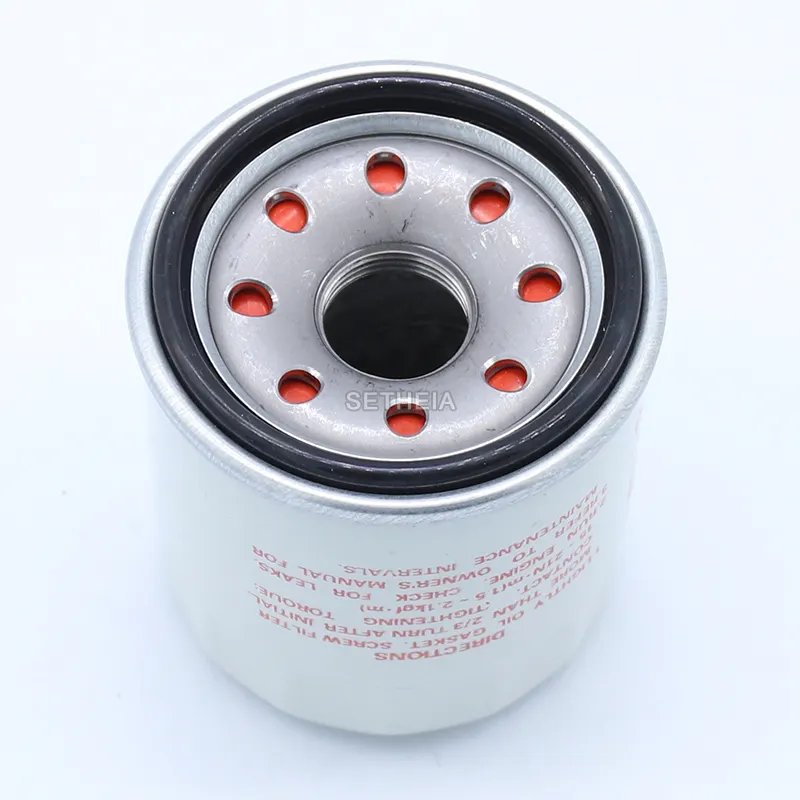Jul . 28, 2024 00:57 Back to list
Understanding the Importance of MERV 4 Air Filters for Improved Indoor Air Quality
Understanding MERV 4 Air Filters An Essential Guide
In today’s world, air quality has become a significant concern. Many homeowners and businesses are increasingly aware of the impact of air pollution on health and overall well-being. One crucial component of maintaining indoor air quality is the use of air filters, which play a vital role in trapping dust, allergens, and other pollutants. Among the various types of air filters available, MERV (Minimum Efficiency Reporting Value) rated filters are commonly used to classify their efficiency. In this article, we will explore MERV 4 air filters, their features, benefits, and appropriate applications.
What is MERV?
MERV stands for Minimum Efficiency Reporting Value, a rating system developed by the American Society of Heating, Refrigerating, and Air-Conditioning Engineers (ASHRAE). This system helps consumers understand the filtration efficiency of different air filters. The MERV rating ranges from 1 to 20, with higher values indicating more efficient filters that can capture smaller particles.
Characteristics of MERV 4 Air Filters
MERV 4 air filters are considered low to mid-efficiency filters. They are capable of capturing larger particles, which typically include dust, pollen, mold spores, and pet dander, classifying them as suitable for basic residential and commercial air filtration needs. Specifically, MERV 4 filters can trap particles ranging from 3 to 10 microns in size.
Some essential characteristics of MERV 4 air filters include
1. Basic Filtration MERV 4 filters mainly focus on larger particles, which means they are less effective against smaller pollutants such as smoke or smog.
2. Affordable These filters are often more budget-friendly compared to higher-rated filters, making them a popular choice for those looking to maintain adequate air quality without overspending.
3. Energy Efficiency MERV 4 filters typically have a lower resistance to airflow, which can lead to better energy efficiency in HVAC systems.
merv 4 air filter

4. Longevity With a reasonable lifespan, MERV 4 filters do not require frequent replacement, usually lasting about three months, depending on usage and environmental conditions.
Benefits of MERV 4 Air Filters
1. Basic Protection While MERV 4 filters are not the most efficient, they do offer essential protection against larger airborne particles, helping to maintain a cleaner and healthier indoor environment.
2. Cost-Effective For households or businesses on a budget, using MERV 4 filters can be a reasonable compromise between cost and air quality. They effectively reduce dust accumulation, thereby extending the life of HVAC systems.
3. Easy Maintenance These filters can be straightforward to replace, with many models available in standard sizes that fit most residential air systems.
Appropriate Applications
MERV 4 air filters are suitable for various applications, including
- Residential HVAC Systems Ideal for homes located in areas with moderate air pollution or low allergen counts. - Commercial Buildings Suitable for offices or retail environments where high levels of air filtration are not critical. - Pre-Filters MERV 4 filters can serve as pre-filters in more complex air filtration systems to protect higher-efficiency filters downstream.
Conclusion
In conclusion, MERV 4 air filters serve as a valuable option for maintaining indoor air quality at an accessible price point. While they are not designed to filter out the smallest pollutants effectively, they provide a level of filtration sufficient for many residential and commercial environments. Understanding the capabilities and limitations of MERV 4 filters allows consumers to make informed decisions about their air quality needs, ensuring a healthier living and working space. For those seeking enhanced air filtration, exploring higher MERV-rated options may be advantageous, but for basic protection, MERV 4 filters deliver reliable performance at an economical cost.
-
High-Quality Fuel Filter for Cars – Durable, Efficient Spin On Fuel Oil Filter
NewsJul.25,2025
-
China Cabin Filter Supplier – Premium Auto Air & Oil Filters Exporter
NewsJul.24,2025
-
Premium Antiskid Tire for Safe Driving & High Performance Filters
NewsJul.23,2025
-
Premium Antiskid Tire for Safe Driving & OEM Air Filter Solutions
NewsJul.22,2025
-
Premium Spin-On & Aluminum Fuel Filters for Car Care
NewsJul.21,2025
-
Antiskid Tires - Superior Wet Traction & Durable Safety | Buy Online Now
NewsJul.21,2025


